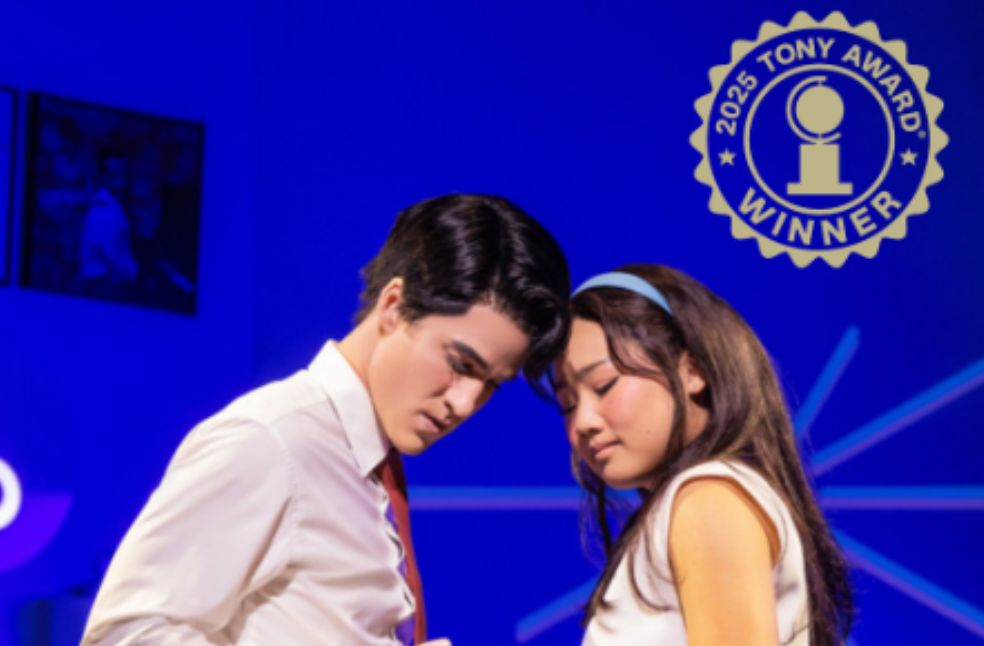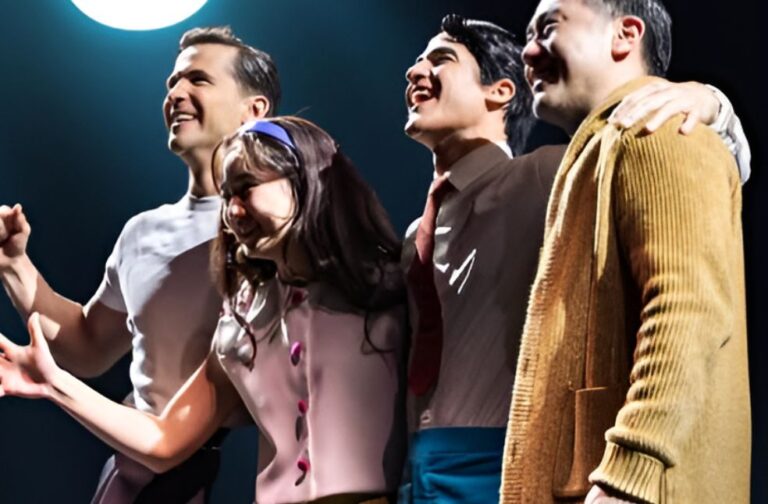Seoul: South Koreans are celebrating a landmark moment in their cultural history after the Broadway musical ‘Maybe Happy Ending’ clinched six Tony Awards, including the coveted Best Musical.
The critically lauded show, which originally premiered in Seoul in 2016, marks South Korea’s first-ever Tony win firming its growing status as an international entertainment powerhouse. The production, which tells the tender story of the romance between two humanoid robots living in a Seoul apartment complex, entered the night’s ceremony with 10 nominations and emerged as a clear winner.
View this post on Instagram
Notably, South Korean lyricist Hue Park and American composer Will Aronson won the awards for Best Original Score and Best Book of a Musical. Former Glee star Darren Criss, who illustrated the robot Oliver, took home Best Lead Actor in a Musical, his first Tony win while Helen J. Shen starred opposite him as the robot Claire.
With this win, South Korea achieves EGOT status, having now received accolades across the four most prestigious American entertainment awards: the Emmys (Squid Game, 2022), Grammys (soprano Sumi Jo, 1993), Oscars (Parasite, 2020), and now Tony Awards (Maybe Happy Ending, 2025).
The musical has been honoured for holding its Korean identity, even in its English-language Broadway adaptation. A Threads user noted that, “It’s amazing that Korean elements like Jeju Island, fireflies, and hwabun (a plant pot) were kept in the Broadway version too.”

Directed originally by Kim Dong-yeon, the musical received critical acclaim in South Korea and has since been staged internationally in both Korean and English. Before its Broadway debut in 2024, creators Park and Aronson developed the bilingual version during their time as classmates at New York University.
The show also saw a win this awards season, earning major honours at the Outer Critics Circle Awards and the Drama League Awards. As K-pop acts like BTS and Blackpink continue to dominate global music charts, the triumph of Maybe Happy Ending adds another proud chapter to South Korea’s cultural rise on the world stage.



